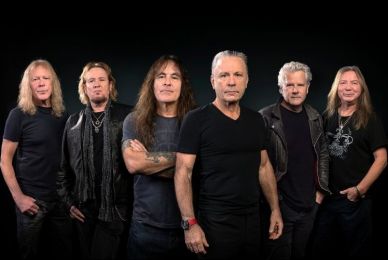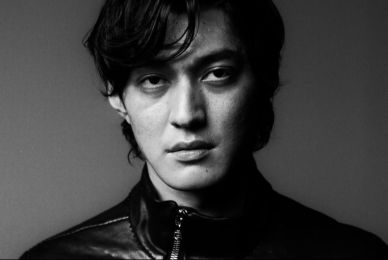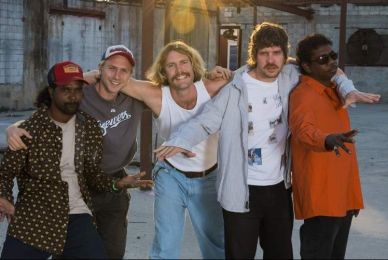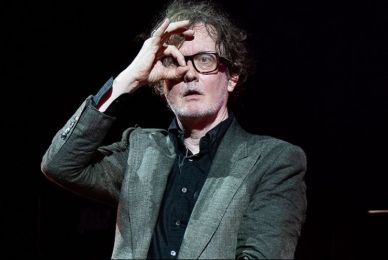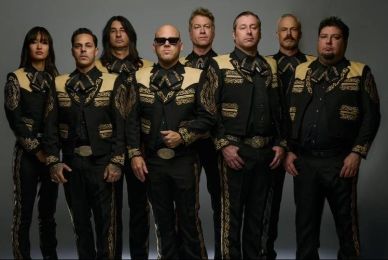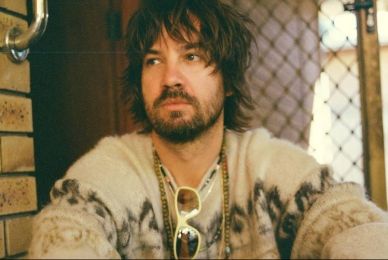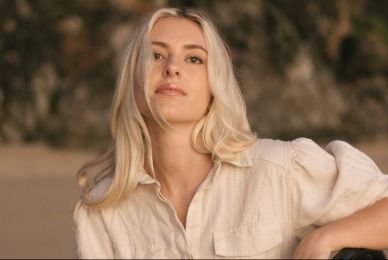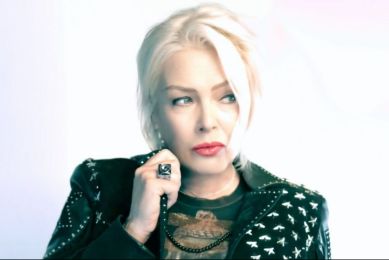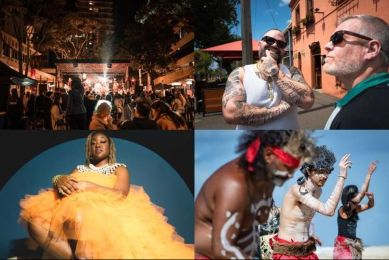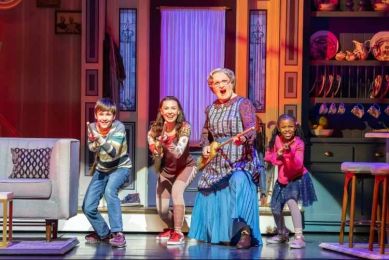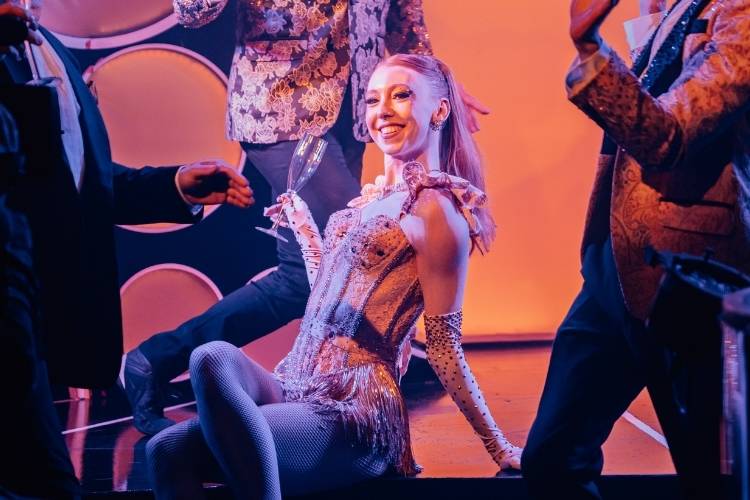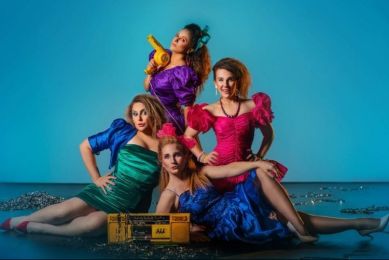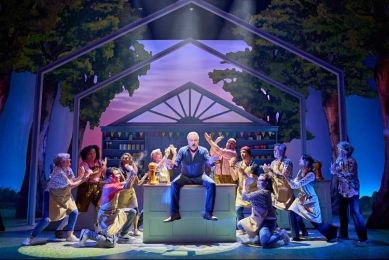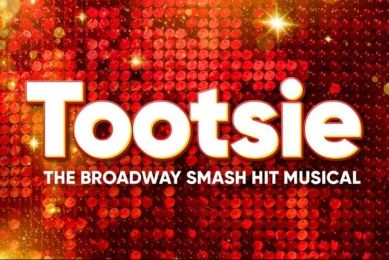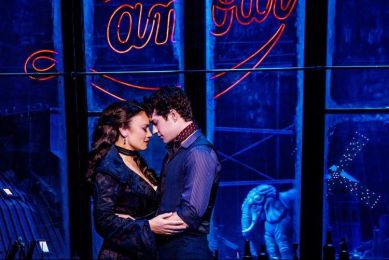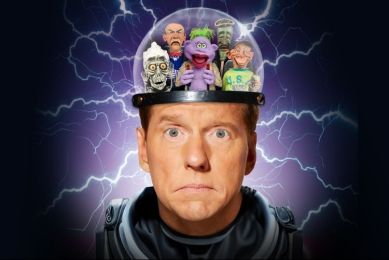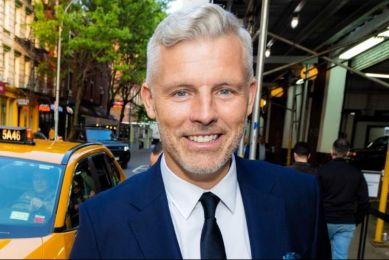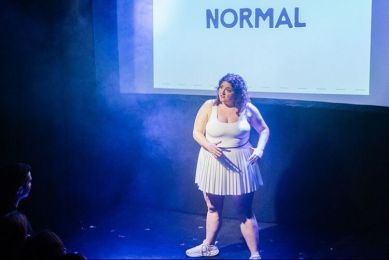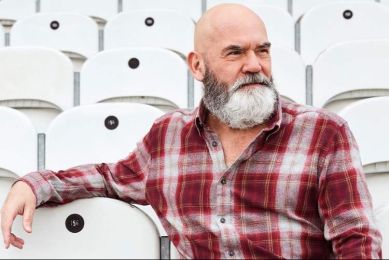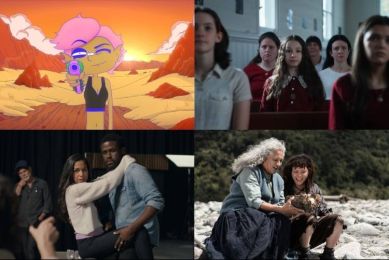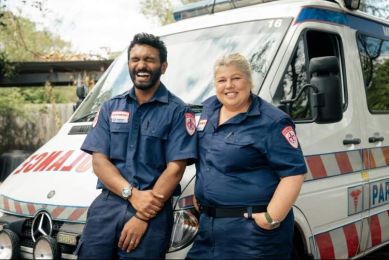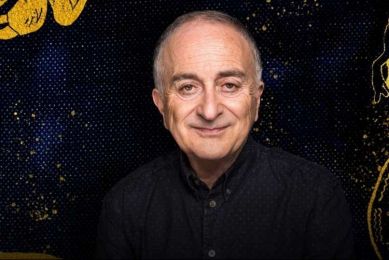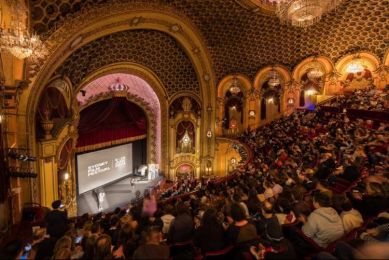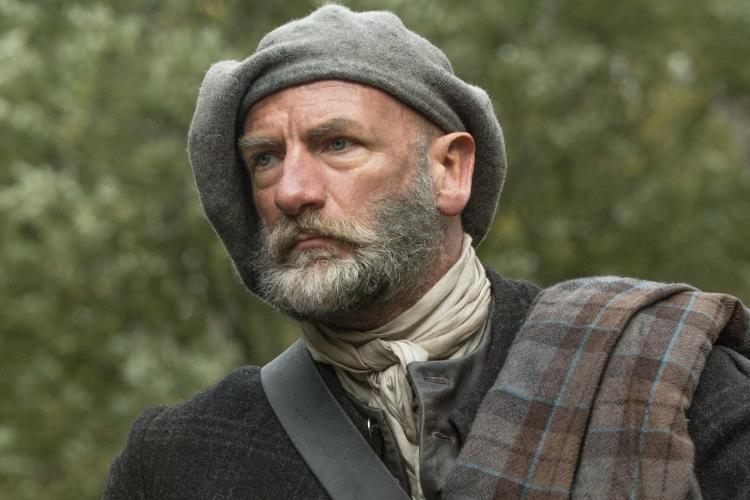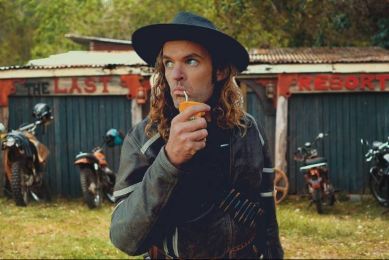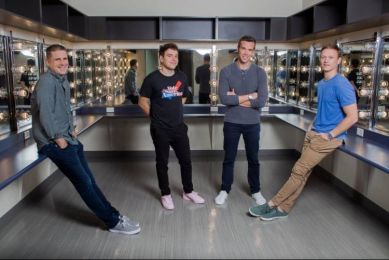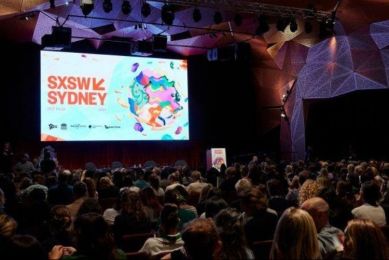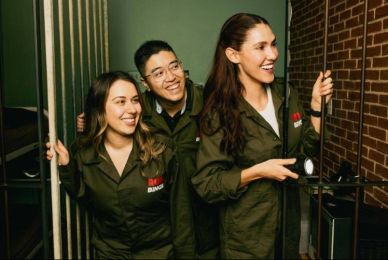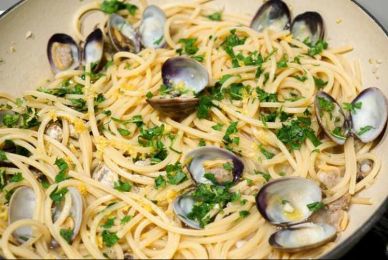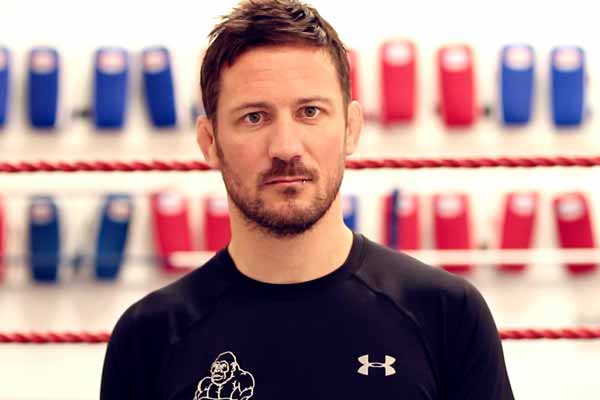Before Conor McGregor was notorious, before he was stacking those hundred dollar bills into cubes like Walter White, he was a plucky, 19-year-old humbled by John Kavanagh in John’s crucible known as Straight Blast Gym.
John will soon embark on a speaking tour of Australia where he will preach the mantra that helped make Conor the biggest name in MMA: win or learn.
In playgrounds and youth sporting clubs across the globe, budding athletes are being awarded medals simply for showing up. Society is rife with helicopter parenting, where caregivers try in vain to protect their spawn from the smallest of frustrations or inconveniences.
John strongly believes these token gestures are counter-productive. “This medal for everyone nonsense, I despise that.
"When we have little competitions in our club and there’s nine or ten-year olds doing a jiu-jitsu match or whatever, I always tell them, there will only be medals for those that win but that losing is ok and get used to it.
“You’re going to have failures in life, you’re going to have losses on the mat, you’ll improve, you’ll pick yourself up and come back and the day that you maybe one day win a medal, it will actually mean something.”
The proof of the effectiveness of this philosophy was on public display when his star protégé, UFC Lightweight Champion Conor McGregor, rebounded from a humbling defeat at the hands of the perpetually sullen Stockton punk Nate Diaz to become the first fighter to simultaneously hold belts in two divisions.
Many expected Conor to retreat, tail between his legs, a broken man. John, though, had been preparing the brash Irishman for this day since the beginning. “Everyone online was surprised by his attitude towards that [loss].
"The people who weren’t surprised were his teammates and me because that is the environment that we have created since the beginning.
"We’re not going to celebrate when we lose, we’re not jumping around happy but we put it in context and we sit down and we go 'ok, where did we go wrong, what lessons can we learn from that and what’s our next step moving forward' because as long as you’re moving forward, as long as you’re setting yourself up to try again, you’re never truly failing.”
Conor’s resilience in the face of defeat is in stark contrast to the reaction of the sport’s other biggest name, Ronda Rousey, who publicly stated she considered suicide after her first knock-out loss to Holly Holm.
John explains the secret to obtaining strength of character. “For a fighter in a fight, you’ve got to think what’s the worst scenario that can happen. And ninety-nine times out of a hundred it’s that they fear of losing in front of their friends and their family.
“If you can accept that and you can deal with the consequences of that, then it hitting you, the consequences of that won’t be anywhere near as bad as for someone who has denied the possibility of that happening.”
John Kavanagh discuss his book 'Win Or Learn' at The Star (Sydney) 7 April and MCEC (Melbourne) 18 April.

